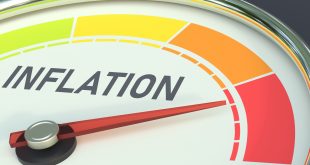France is facing heightened political and economic uncertainty as Prime Minister François Bayrou has announced a no-confidence vote for September 8. This decision comes as the government struggles to pass a new budget and is a direct consequence of the ongoing political deadlock.
The announcement has already impacted financial markets. The OAT-Bund spread, which measures the difference in yield between French and German government bonds, has widened significantly. This widening reflects an increase in the perceived risk of investing in French debt. The market is now in a “wait-and-see” mode, with the spread expected to remain volatile until the vote.
The outcome of the vote will determine one of two possible paths for the country.
The Path to a New Government
If the government loses the no-confidence vote, President Macron could choose to appoint a new prime minister without calling for new elections. This scenario, particularly if the new leader comes from the center-left, would likely be seen as a sign of stability. It could lead to a contraction in the OAT-Bund spread, provided the new government successfully implements a budget with fiscal consolidation.
The Risk of Snap Elections
The second, riskier path is a new round of legislative elections. This option carries significant economic risk due to the growing popularity of populist parties, particularly the far-right, which is currently polling well. A government formed after such an election may be less committed to fiscal discipline, potentially leading to a further credit rating downgrade for France. This could trigger a sharp rise in bond spreads and cause broader ripple effects across the entire eurozone. The political uncertainty is not just a domestic issue; it has the potential to become an economic liability for the whole region.

 Noor Trends News, Technical Analysis, Educational Tools and Recommendations
Noor Trends News, Technical Analysis, Educational Tools and Recommendations




